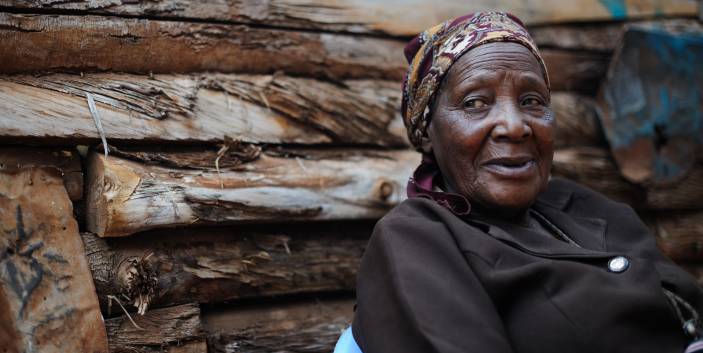
International donors are threatening to stop funding Uganda’s Senior Citizens Grant (SCG) due to the national Government failing to provide counter funding. But whose responsibility is it anyway?
It seems cruel that families who depend solely on this grant will be left destitute and the poor will be further pushed into poverty. However, instead of shunning the donors for threatening to withdraw funds, our focus should be to demand the Government to fulfil its obligations in providing for its citizens.
Uganda’s government has cited “a constrained resource envelope” as the reason for not meeting its promise. The ILO has shown in various reports that lack of political will, and not lack of funds, is the main reason for governments not adequately funding the social sector.
Lesotho, Cape Verde and Namibia are examples of African countries that are adequately funding their social grants. Country comparison like this helps to understand that budget constraint is not a reason but an excuse that the states continue to use to evade responsibility.
Are Uganda’s older people a low priority?
Talk of budget constraints leads to the question of priorities, and whether Uganda is discriminating against older people.
It is easy for the government to justify spending a huge part of its budget on large-scale industrial works such as building roads or bridges. Yet it seems difficult for it to justify the same level of spending on social grants – lifelines for many of Uganda’s poorest citizens.
The government is able to raise Shs 265 billion (US$80 million) in less than a year for a youth program despite budget constraints, but is unable to do the same for the SCG.
Making matter worse, there are other ongoing implementation issues including delays in payments to recipients in pilot areas, as well as a slow wider roll out of the project.
Older people are clearly not a priority. Is this because as men and women age they are seen as less productive members of society? That they do not deserve substantive space in the national budget? If the answer is yes, this, in plain English, is discrimination.
Uganda’s Government must take ownership
It is unacceptable for the state to continually shirk its responsibilities that it is duty bound to fulfil efficiently. It is the legal obligation of the state, not the donors, to take care of its vulnerable citizens. After all, what is the use of a government if an outside entity is solely responsible for the welfare of the population?
It is concerning that the threat from donors to cut funding raises more headlines than the continued failure of the Government to fulfil its SCG commitments. Ugandan citizens must stand up and hold to account the promises of the state, and the crisis around this social grant for older people should be a wakeup call.
